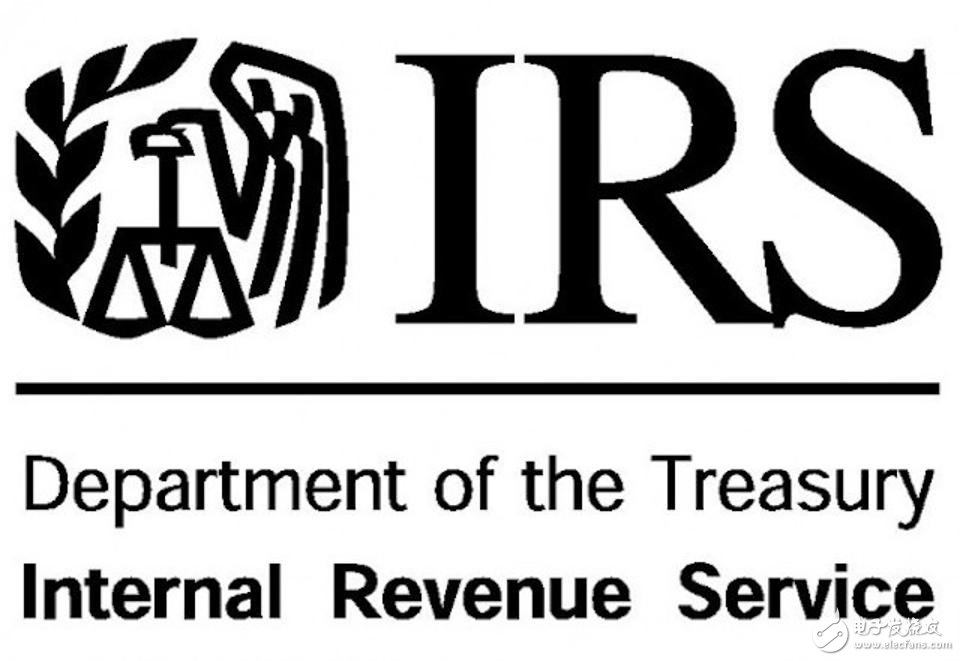Dozens of hedge funds that hold billions of dollars in cryptocurrency don’t know whether their calculations of tax payables are correct. This may be a big problem because the US authorities have indicated that the tax department will review the virtual currencies of investment institutions. Like individual taxpayers, institutional investors who invest in Bitcoin, Ethereum, and other digital currencies find that there are very few guidelines for paying taxes on cryptocurrencies, and even if they do, they are ambiguous. Therefore, many funds try to minimize their legal liabilities without knowing the specific regulations. After the U.S. Internal Revenue Service (IRS) announced in July that virtual currencies will become the focus of its audit of large companies and international branches, tax issues have become a major headache for institutional investors. The new batch of crypto funds may need to pay more taxes and even fines. Part of the problem stems from the fact that regulators are very slow in making clear definitions of virtual currencies. The IRS considers them to be property rather than currency. The Commodity Futures Trading Commission (CFTC) stated that cryptocurrency is a commodity, and if the IRS agrees, it can provide some tax benefits. When the U.S. Internal Revenue Service added virtual currency to its "Compliance Campaign" list last month, it stated that taxpayers who did not report transactions should correct their true returns, but the IRS did not consider implementing an active disclosure program, which allows taxpayers to Reduce their criminal and civil liability for violations of the law. In 2014, the U.S. Internal Revenue Service stated that virtual currencies are often treated as property for tax purposes. Investors who trade Bitcoin need to report gains and losses in the same way as other assets, and both cryptocurrency "miners" and other people who earn gains should report. At the time, most Bitcoin transactions were done by small investors. In the past two years, more and more hedge funds have begun trading cryptocurrencies, which has caused a series of new problems, but the US Internal Revenue Service has not issued relevant solutions. Even after plummeting 55% this year, Bitcoin's market value has reached $111.5 billion. Morgan Stanley estimates that in 2017, investment companies launched 84 cryptocurrency hedge funds, holding approximately US$2 billion in virtual currencies. Many hedge funds hope that the CFTC's view that most virtual currencies are commodities will be accepted by more people. In the past few years, some federal judges have also emphasized that cryptocurrencies should be treated as commodities. Funds usually set up offshore vehicles in the Cayman Islands or other low-tax jurisdictions for investors who do not live in the United States. If the fund is operating normally, income from trading commodities, stocks or other securities does not need to fill out U.S. tax returns, nor does it require foreign investors to pay taxes to the U.S. government. Crypto funds seem to think so too, but the IRS and the court did not give a clear response. Other investment companies try to restructure their capital structure so that they do not pay taxes at the company level. One of the exempt requirements is that at least 90% of fund income comes from certain types of income. Although certain types of transactions do not meet the requirements, commodity transactions usually pass the test. Tax experts have been urging federal officials to provide clear instructions over the past year, and some guidance may be issued soon. Karl Walli, senior legal counsel of the Tax Policy Office of the U.S. Department of the Treasury, said at a gathering of tax professionals in June that the U.S. Internal Revenue Service is aware of a long list of issues that need to be resolved and the Treasury Department may announce some details as soon as possible this year. If the fund’s conjectures and assumptions conflict with the final decision of the US Internal Revenue Service, the fund may eventually need to pay more taxes. However, as long as their assumptions are reasonable, the IRS is unlikely to require crypto funds to pay fines other than taxes and interest, said David Shakow, professor emeritus at the University of Pennsylvania School of Law. Shakow said: "Because the IRS has not issued any guidance, this will actually defend any position you take."
10 Port Usb Charger,10 Port Usb Charging Hub,120W Higher Power Charger,Multi Port Usb Charging Station shenzhen ns-idae technology co.,ltd , https://www.best-charger.com

The U.S. Internal Revenue Service will tax cryptocurrencies, and there is no guidance on how to pay taxes correctly.
10 port Usb charger
This 10 port Usb charging hub supports mobile phones, tablets, iPads, iPhones and other protocols. It has strong compatibility and is widely used in various devices. Moreover, a variety of safety protection systems are built-in with high safety index: over-current protection, over temperature protection, short circuit protection, heavy load protection, over-voltage protection, etc. to protect your equipment, and greatly extend the battery life of the device.